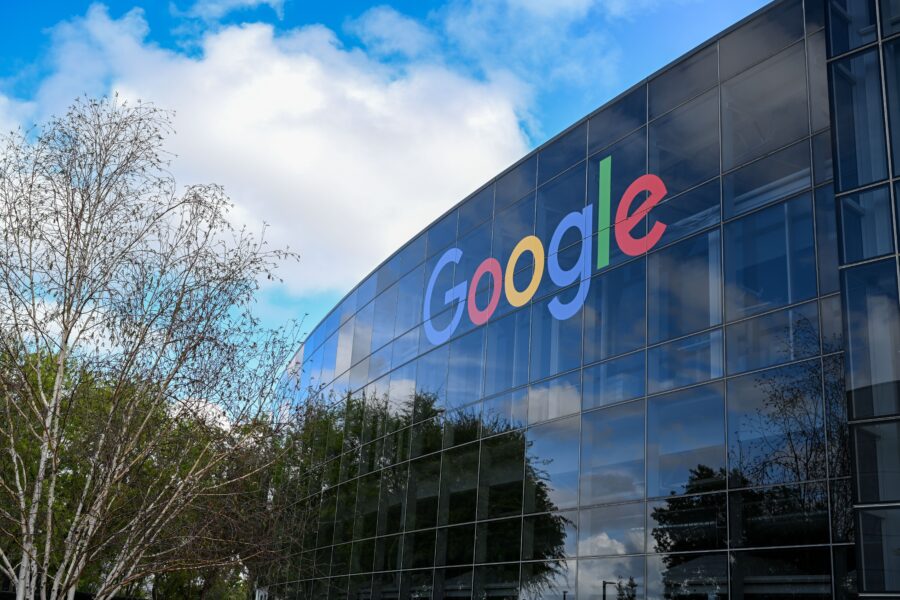Google removes links to California news sites, citing proposed state law requiring payment to publishers
Apr 13, 2024, 2:04 PM

Google argues paying news outlets for their content under a proposed California law would be "unworkable."
NEW YORK (CNN) — Google is removing links to California news websites in reaction to proposed state legislation requiring big tech companies to pay news outlets for their content, the company announced Friday in a blog post.
Google, which is a subsidiary of Alphabet (GOOGL), wrote the move would affect only a small percentage of California users, and is intended as a “test,” allowing the company to gauge “the impact of the legislation on our product experience.”
The California Journalism Preservation Act, which was introduced in March 2023 and is still awaiting a hearing by the state’s Senate Judiciary Committee, would require digital platforms like Google and Meta to pay a “journalism usage fee” to eligible news outlets when they use their content alongside digital ads.
Meta has not returned CNN’s request for comment.
The bill comes as more people have shifted away from finding and consuming news though traditional media and toward social and online platforms. The legislation was introduced amid fears the companies’ news aggregation practices will siphon users away from news websites, which have sounded the alarm about how platforms have gained increasingly unfettered control over the content they allow users to see.
On Friday evening, California State Senate President Pro-Tempore Mike McGuire, a co-author of the bill, called the move an act of “bullying” and an “abuse of power.”
“This is a dangerous threat by Google that not only sets a terrible precedent here in America, but puts public safety at risk for Californians who depend on the news to keep us informed of life-threatening emergencies and local public safety incidents,” he wrote in a post on X, formerly known a Twitter. “This is a breach of public trust and we call on Google Executives to answer for this stunt.”
Lawmakers and proponents of the bill argue tech giants make money by sharing content from small and local news publishers, but the publishers do not reap the same financial benefits.
“These dominant digital ad companies are enriching their own platforms with local news content without adequately compensating the originators,” the bill’s co-author, Assemblymember Buffy Wicks, wrote in a statement when the legislation was first introduced in March 2023. “It’s time they start paying market value for the journalism they are aggregating at no cost from local media.”
Charles F. Champion, the president and CEO of the California News Publishers Association, said Google is suppressing California news.
“The fact that one company can shut down the means by which 90% of the public find online content in order to achieve their own political and business ends show just how much policymakers need to act, and act now,” he posted Friday on X. “Google is not above the law, and they should not be allowed to act as if they are.”
Google has long argued against what it calls a “link tax.”
“As we’ve shared when other countries have considered similar proposals, the uncapped financial exposure created by CJPA would be unworkable,” said Jaffer Zaidi, Vice President of Global News Partnerships at Google, said in Friday’s blog post. “If enacted, CJPA in its current form would create a level of business uncertainty that no company could accept.”
The company pushed back against a similar bill passed in Canada in June 2023, writing at the time it would “remove links to Canadian news from our Search, News and Discover products in Canada.” In November, the company said in an update it was working “through the exemption process” with the Canadian government and would continue “sending valuable traffic to Canadian publishers” while the details were ironed out.
Google has not responded to CNN’s request for comment about the current state of talks with the Canadian government.
The company had a similar reaction to a 2021 Australian law that would require platforms to compensate Australian news outlets for using their content. In January 2021, a few months before the law was passed, Google wrote in an open letter, “(if) the Code were to become law in its current form, we would have no real choice but to stop making Google Search available in Australia.”
Google eventually reached “voluntary commercial agreements with a significant number of news media organizations,” according to the Australian Competition and Consumer Commission, which authored the legislation. Google said at the time it would pay publishers through its Google News Showcase instead of paying them for links.













